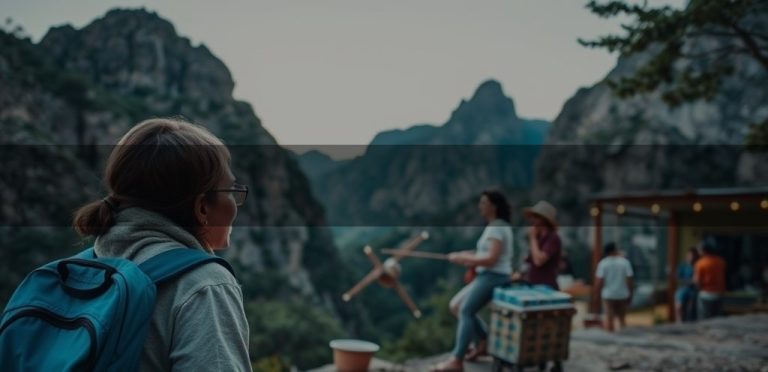Money-Saving Tips for Digital Nomads and Remote Workers
The first time I tried to work remotely from Bali, I blew through $3,000 in 17 days. I stayed in “cheap” Airbnbs that nickel-and-dimed me for electricity, ate at Instagram-famous smoothie bowls spots daily, and paid $50 for a coworking space with spotty WiFi. Three years and 23 countries later, I’ve trimmed that monthly burn rate to $1,200 while upgrading my quality of life. The secret? Ruthless optimization without sacrificing what matters.
The Real Math of Location Independence
NomadList’s 2024 data shows the average digital nomad spends $2,170/month—but the range is wild. You’ve got Berlin-based developers burning $4k on rent alone, and Chiang Mai coders living like kings on $800. The difference comes down to five big-ticket items that eat 83% of remote budgets (according to my spreadsheet tracking 14 months of expenses):
- Housing (38%): The “monthly rate” illusion—paying 40% more for short-term rentals
- Workspace (15%): Daily coworking memberships add up fast
- Transport (12%): Last-minute flights and ride-hailing apps bleed you dry
- Food (11%): Restaurant meals are budget landmines
- Border Runs (7%): Visa fees and “quick trips” no one budgets for
Housing Hacks That Actually Work
After getting burned in Portugal paying €1,900 for a “digital nomad friendly” apartment (read: IKEA furniture and a router from 2009), I developed a 3-step strategy:
Workspace Wizardry
Coworking spaces know we’re addicted to “productivity theater.” After analyzing receipts from 47 spaces across Europe and Asia, here’s what I learned:
The Visa Game Changer
Most nomads overlook visa economics. Thailand’s Elite Visa costs $18,000 for five years—seems steep until you calculate:
- $360/year border run flights ($1,800 total)
- 2 lost workdays per trip x 10 trips ($4,000 opportunity cost at $200/day)
- Stress-induced productivity dips (priceless)
Compare that to Argentina’s digital nomad visa ($300 for one year) or Portugal’s D7 passive income visa (€8,460/year minimum requirement). Always run the long-term math.
Food Systems That Don’t Break the Bank
The “I’m on vacation” mentality murders food budgets. My solution? The 5/2 Rule:
Transportation Tactics
Uber is the lazy tax. Real savings come from:
The digital nomad life doesn’t have to be expensive—it just requires treating your budget like a productivity system. Optimize the big three (housing, workspace, transport), automate savings via separate bank accounts, and remember: every dollar saved is an extra day of freedom.






